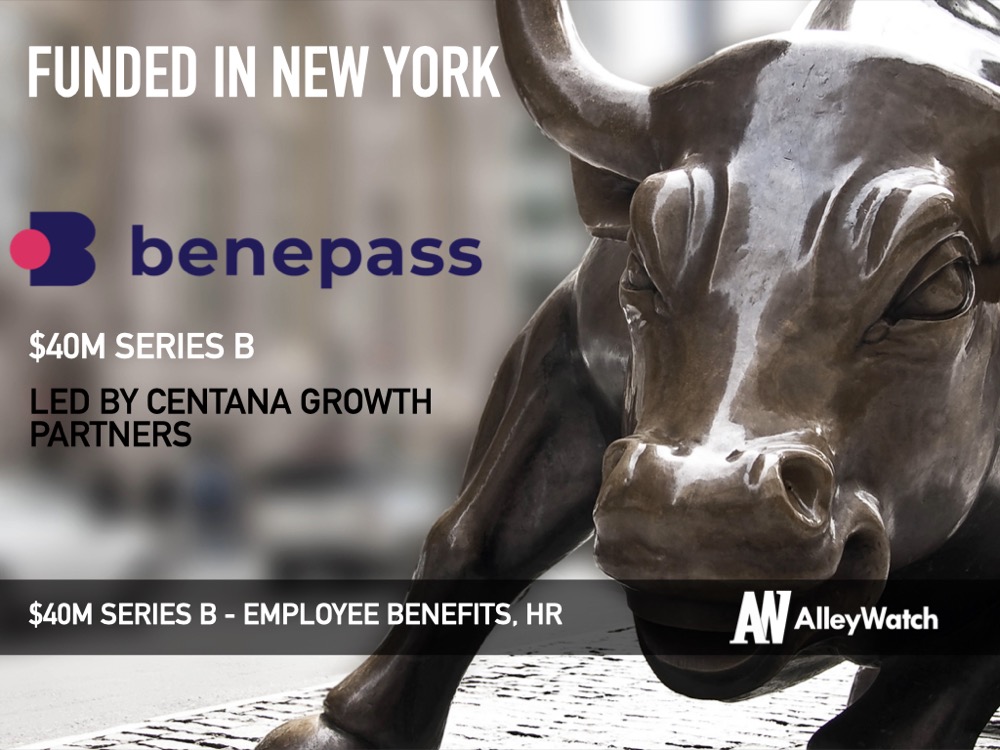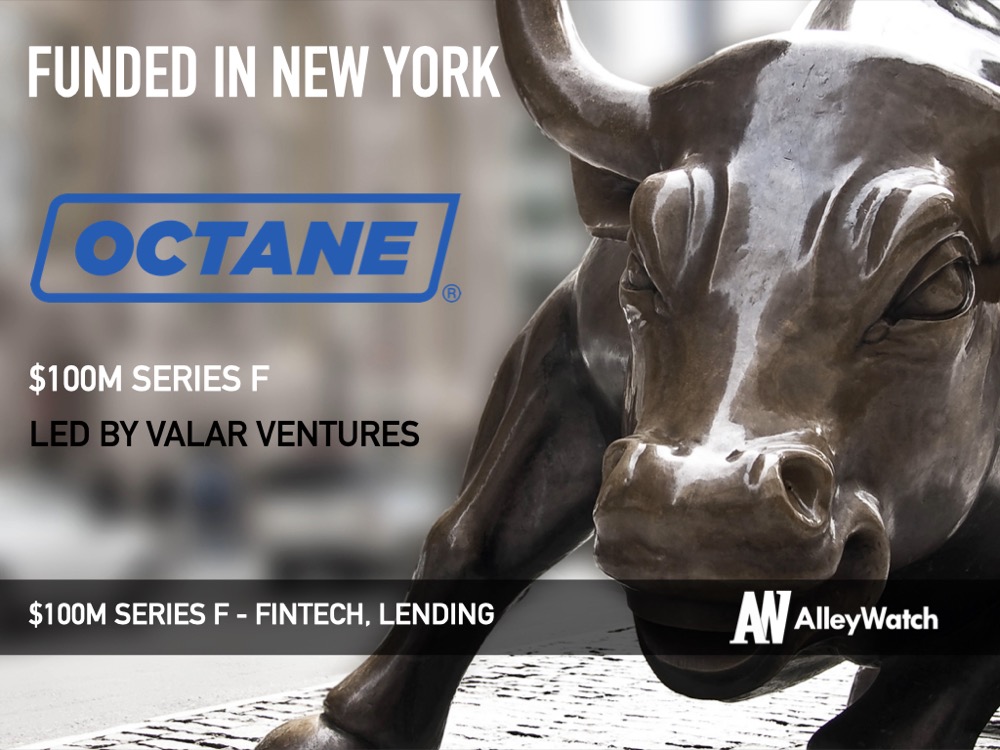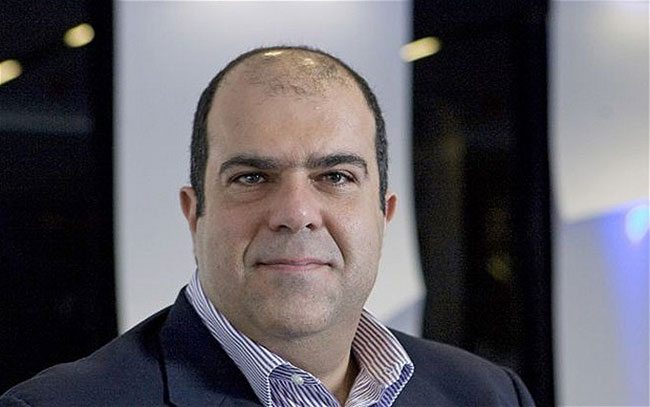Venture
fromFortune
34 minutes agoGoldman Sachs leads $75 million funding round for Fieldguide, an AI-native accounting and audit platform | Fortune
Fieldguide builds AI software to automate accounting and auditing work, raised $75M at $700M valuation, aiming to address a deepening CPA talent crisis.



















